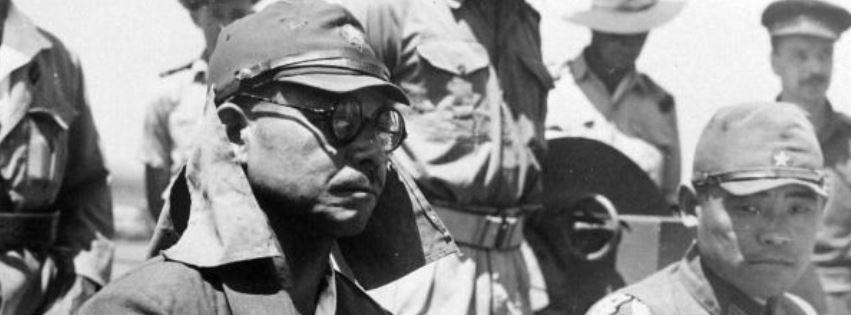KITLV/Royal Netherlands Institute of Southeast Asian and Caribbean Studies

- This event has passed.
An informal meeting with Tamalia Alisjahbana
05/11/2015 @ 16:00 - 17:00

Tamalia Alisjahbana will talk about Defeat and Victory, a novel written by her father, Sutan Takdir Alisjahbana. Defeat and Victory is a novel set in Indonesia during the Second World War. In its review of the novel Time magazine commented on how unusual it is for a novel set during the Second World War in this part of the world, to have a Japanese soldier as its main character and praised its forgiveness of the past. The novel tells the story of Okura, a Japanese officer, Hidayat an Indonesian nationalist and Elizabeth, a Swiss humanist and how they each face the War and the turbulent changes it brings into their lives and the world around them.
The novel also provides a very thought-provoking picture of the creation of Indonesia. Before independence, Indonesia consisted of over 13,000 islands with more than 700 languages and dialects and in their efforts to unify the country, Indonesia’s founding fathers succeeded in creating a national language and a national culture beside the many regional languages and cultures still in existence in Indonesia today. The novel describes how the national language was forged and in which Sutan Takdir Alisjahbana who is portrayed as Hidayat in the novel, played a significant role. As a historical novel most of the Indonesian and Dutch characters in the story are based on real people and true events.
The book also describes in depth the Japanese culture and society of WW II which at the time shocked the world by its rapid defeat of the centuries-old Western colonial powers in Asia. With sensitivity Takdir describes how Japanese society was able to do this as well as the price that its people had to pay in order to be able to do so through the eyes of Okura, a Japanese officer raised in the Samurai traditions and later the writer also shows the gradual transformation in Okura’s thinking as Japan is slowly defeated.
Takdir’s descriptions of Japanese culture and Indonesian society of that period are in fact an ardent defense of democracy. He strives to show why merely taking over the science and technology of the West without many of the universal values underlying them is not sufficient.
Sutan Takdir Alisjahbana was born in 1908 and has been described as one of Indonesia’s foremost Renaissance men. He helped found the avant garde literary magazine Pujangga Baru which promoted a new style of literature and language to reflect the new sense of national unity and awakening that were expressed in the Youth Pledge of 1928 to be one nation, one people and to have one language. He played a prominent role in Indonesia’s Cultural Polemics of the 1930s and later turned his attention to the creation of a world culture inclusiveness.
If you wish to attend please register with Yayah Siegers: [email protected]
Photo: collection Tropenmuseum
Details
- Date:
- 05/11/2015
- Time:
-
16:00 - 17:00
- Event Category:
- KITLV Events
Organizer
- KITLV
- kitlv@kitlv.nl
- View Organizer Website
Venue
- KITLV, room 138
-
Reuvensplaats 2
Leiden, Netherlands + Google Map



